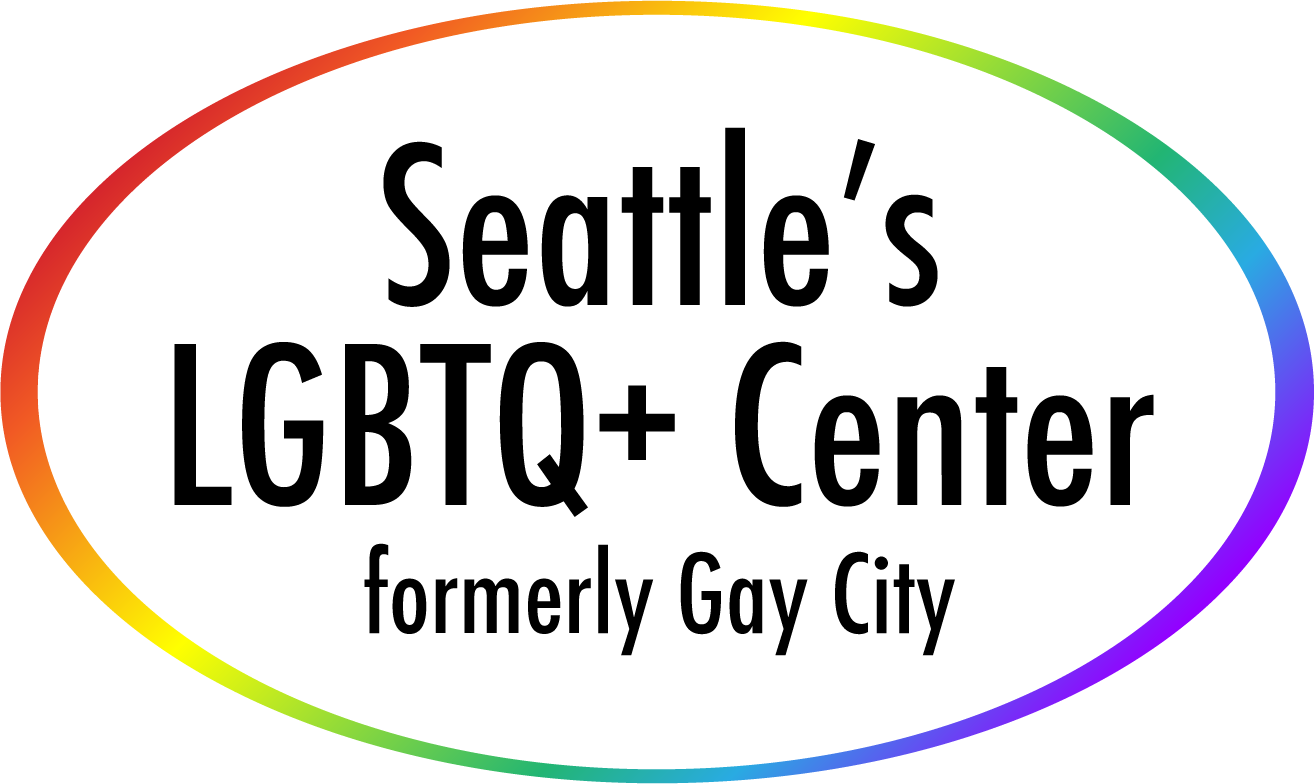Awareness Days
International Overdose Awareness Day
An overdose is an excessive dose of a drug, which causes lethal, toxic, or unpleasant effects. Overdose deaths have been on the rise, particularly during COVID-19. Since 1999, nearly 841,000 people have died from a drug overdose. But there’s plenty to be hopeful for – we can #EndOverdose with effective awareness and prevention, without stigma or policies that incarcerate people and exacerbate harm against marginalized communities.
Get the Facts
The Basics
- Commonly overdosed drugs are alcohol, heroin, opioid prescription medications, benzodiazapenes, methamphetamine, cocaine, and more.
- Sublethal or occassionally lethal overdosed drugs include caffeine, nicotine, marijuana, and more.
- An average of 6 people die of alcohol poisoning each day in the US.
- In 2019, opioids were involved in approximately 70.6% of all overdose deaths, making opioids the most frequently overdosed drug.
- Blacking out, getting hangovers, getting injured, putting strain on relationships, or experiencing other negative consequences of drug use but continuing to use anyways are all signs of problematic drug use, and may indicate a substance use disorder. Consider getting help.
Social Determinants of Health
- Overdose can affect anyone.
- LGBTQ+ youth and adults may be at an increased risk of substance use and overdose.
- Family, social networks, and peer pressure are key influencers of substance abuse among adolescents.
- Racial and health equity, housing access, healthcare access, financial wellbeing, and access to culturally integrated healthcare providers all determine overdose risk, among other factors.
Myths
- It’s a myth that you can’t overdose on marijuana – a non-lethal overdose on marijuana is often called “greening out”. For people with certain heart conditions, marijuana use can cause heart attacks or heart failure.
Prevention
Medication Safety
- Lock up drugs or medications to keep them out of reach of pets, children, or people who are not prescribed that medication. This includes vitamins, alcohol, marijuana, and anything that may cause poisoning, overdose, or abuse.
- Dispose of old or unused medications, or drugs that you intend to quit using.
Overdose Awareness
- Know the signs and symptoms of an overdose.
- Know the overdose risk of any medication or recreational drug that you take.
- Support evidence based prevention and safer-use policies, like safe consumption spaces.
Reducing Use and Reducing Harm
- Opt for non-addictive medications, medications with a lower potential for abuse when possible/practical (e.g. ibuprofen instead of opioid painkillers after a minor surgery). Talk to your doctor.
- Avoid drugs altogether. For many people, they can just create social or health problems, or can add stress without alleviating stress. Try a 30 day sobriety experiment – you might be surprised by how much better you feel, how much more productive or creative your are, how much money you save, etc.
- Carry and learn how to use Naloxone/Narcan if you use opiates or if you frequently interact with people who use opiates. Naloxone is a drug that will reverse an opiate overdose almost immediately, and may save somebody’s life. There is a standing order to dispense Naloxone, so any person or organization can get it from a pharmacy just by asking. If you have Apple Health, the cost is completely covered.
- If you or a loved one insist on using substances, utilize harm reduction resources, and use a reagent test kit to screen “street” drugs for deadly or toxic adulterants. Common adulterants are fentanyl in heroin, levamisole and methamphetamine in cocaine, cocaine in heroin. and methamphetamine, synthetic cathinones, or caffeine in ecstasy/MDMA. All of these can be unpleasant, unhealthy, or even deadly when cut into drugs without the consumer’s knowledge. A test kit could save a life.
- Express concern and offer support for loved ones with problematic use. Warning signs may be an increase in use, relationship strain as a result of drug use, blackouts, hangovers, or continued use despite negative consequences.
Suicide Prevention
- Some overdoses are intentional. Know the signs and risk factors of suicide so that you can intervene and support their mental health.
Recovery
- If you’ve just had an overdose, seek medical treatment or consultation immediately. Call (800) 222-1222 to reach the Washington Poison Center.
- If recovering from an overdose, seek ongoing medical care as needed. Gay City can can help you sign up for health insurance if you’re uninsured.
- Get treatment if you have a substance use disorder. If you’re considering using substances again, call the Washington Recovery Helpline.
Local Resources
- The Washington Recovery Helpline is a 24 hour helpline for substance abuse, problem gambling, and mental health.
- The Washington Poison Center can be reached by calling (800) 222 -1222 for urgent consultation. They also offer poison prevention education and resources.
- The People’s Harm Reduction Alliance offers safer drug use supplies and resources, like a needle distribution program, Suboxone clinic, and more.
- Tobacco quit and prevention resources.
- Crisis Connections offers emotional support and resources. This is particularly important for preventing suicide by intentional overdose. Call them at 866-427-4747 or call TeenLink at 866-833-6546.
- Addictions, Drugs & Alcohol Institute offers educational resources and research on drugs, addiction, etc.
- Yes to SCS promotes safe consumption spaces, a proven strategy for addressing local drug epidemics.
- PEER Seattle offers support groups and mentoring for the LGBTQ community impacted by addiction, mental health, or HIV.
- King County Needle Exchange
- Take Back Your Meds program for disposing of unused medication.
Other Resources
- DanceSafe offers test kits, health & safety resources, and harm reduction resources. Their test kits enable identification of toxic adulterants like fentanyl and levamisole present in recreational drugs.
- The Drug Policy Alliance seeks to advance policies and attitudes that best reduce the harms of both drug use and drug prohibition.
- The CDC’s Drug Overdose information page with resources, data, and more.
